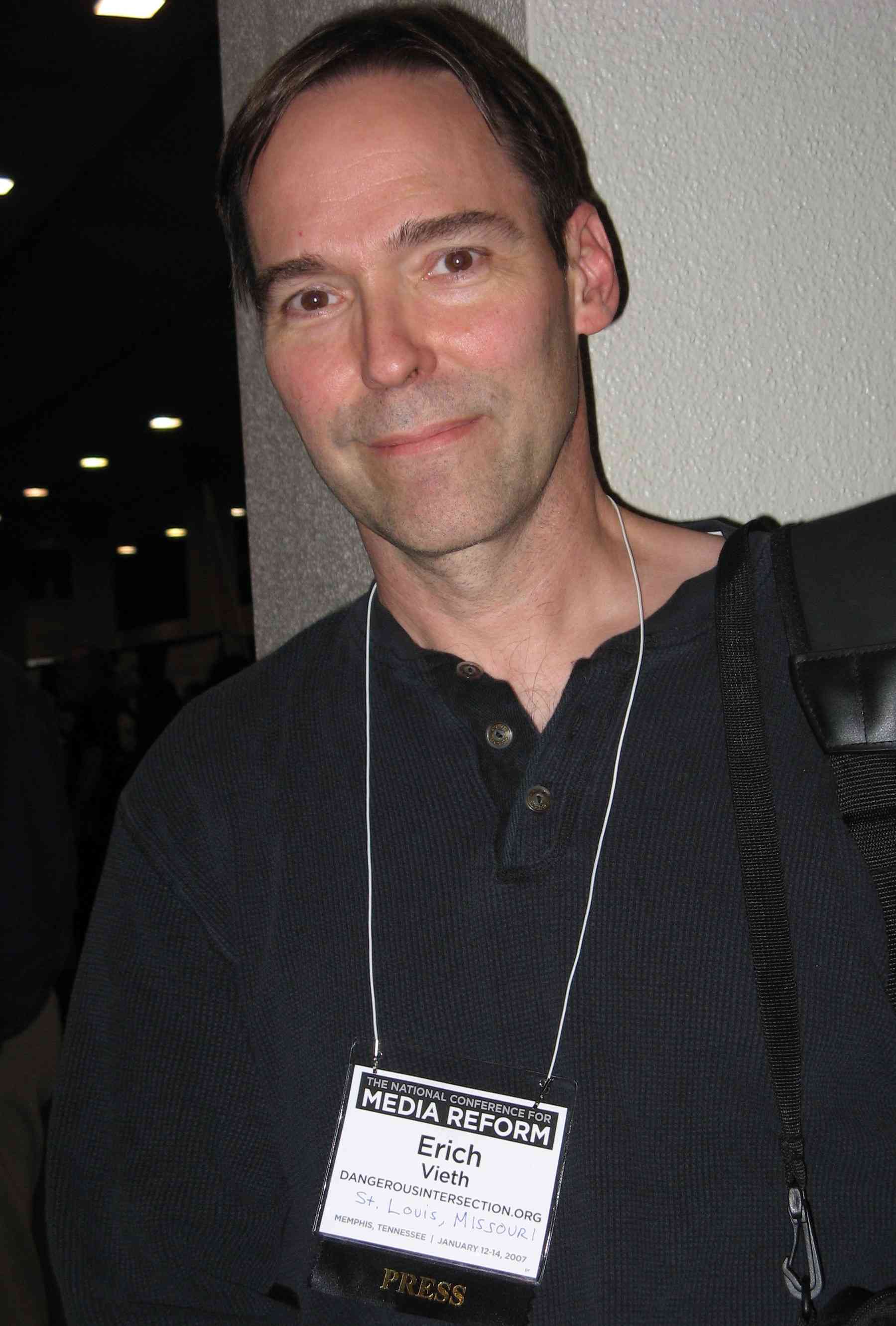A proposed media shield law protects bloggers like Ben Franklin and Thomas Paine
The Senate Judiciary Committee has approved its version of a "media shield law," designed to protect the confidential sources of journalists. The law now moves to the full Senate, and it would need to be reconciled with a similar bill in the House before being presented to Barack Obama. The passage of a media shield bill is critically important, in that the threat of imprisonment for refusal to comply with subpoenas discourages journalists from covering numerous serious issues. According to Huffpo, the bill not only protects full time journalists, but "uses a broad definition of journalists by including bloggers, citizen journalists and freelancers." According to the Examiner,
Sen. Patrick Leahy (D-Vt.) endorsed the "carefully crafted" bill's inclusion of bloggers, and hailed Benjamin Franklin for his "anonymous blogs" that explained "the reasons why this country should exist." Pamphleteer Thomas Paine likewise got a few mentions as the senators debated whether to define a journalist as someone employed by a mainstream organization.The protection allowed by this version of the bill are not absolute; they can be overridden:
With the exception of national security cases, the bill establishes a balancing test to determine whether a reporter must reveal their source. A federal judge would weigh the public's right to know versus national security claims made by the government.The burden of proof depends on whether the case from which the subpoena is issued is a criminal case or a civil case. In criminal cases, the journalist would have to show that guarding the anonymity of sources is in the public interest. In non-criminal cases, the government bears the burden of showing that disclosure of a confidential source outweighs the public interest in news-gathering. I was elated to see that bloggers and citizen journalists are being considered for this protection, especially given the fact that so much important information being published these days is by people who are not full-time professional journalists. And see here for an illustration of the problem with mainstream" journalists." For a related post, see these three short videos featuring John Nichols and Robert McChesney, the founders of Free Press (from the 2008 National Conference for Media Reform), discussing the role of citizen journalists, among many other important media reform topics).


